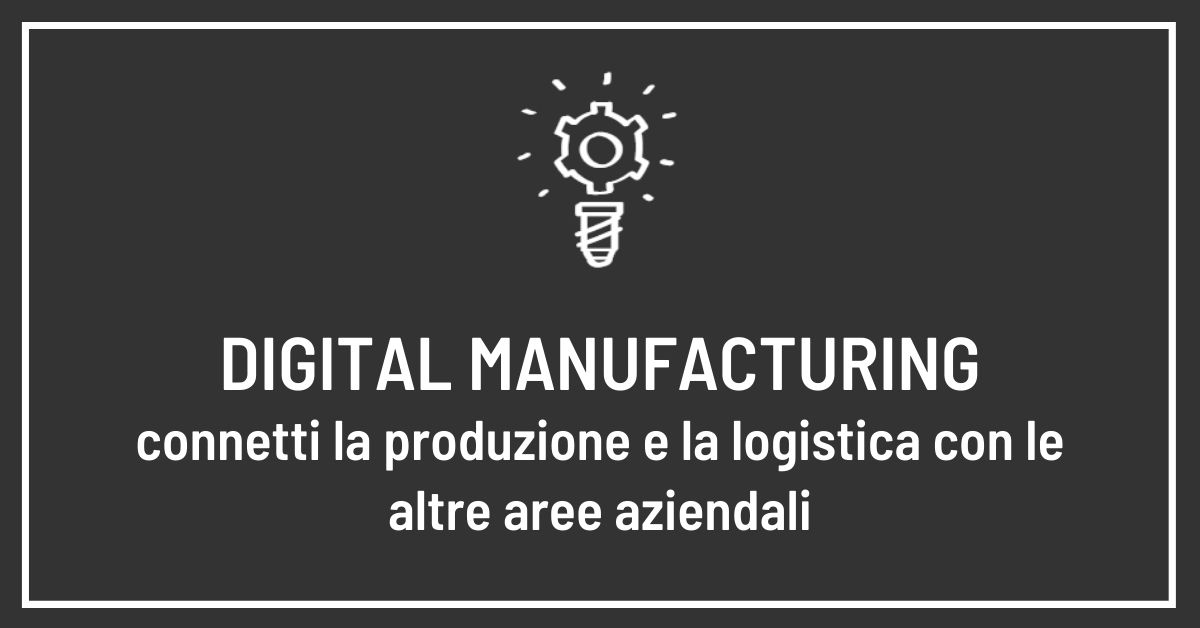In an increasingly competitive and increasingly selective market, efficiency in all areas, especially in production lines, is not just an advantageous asset, but a real necessity, which in an increasing number of cases makes the difference between a thriving company and one in deep crisis. MES systems, Manufacturing Execution System, in this scenario become indispensable to achieve the levels of efficiency that are essential today and to ensure the permeability of data and information that is the basis of the factory of the future or, rather, the present. To consider the smart factory as something still far off in time, in fact, would be a mistake.
Manufacturing Execution System software and solutions today offer numerous opportunities, but before we look at them, let’s go back to the definition for a moment.
What is meant by Manufacturing Execution System?
As is often the case in the field of technology, it is very difficult to give universally accepted canonical definitions but, at the very least, we can say that by Manufacturing Execution System we mean an information system used in manufacturing to track, control and monitor production, that is, the transformation of raw materials or semi-finished goods into finished goods (or semi-finished products). With MES systems, production control takes on an even more important role, especially because of its ability to dialogue with other business systems, such as ERPs, to provide real-time information on both the progress of work and the overall status of the factory. Integration between MES systems, ERPs, WMSs for warehouse handling and in general with the entire enterprise IT infrastructure is in fact one of the big issues in recent years, particularly after the changes that have led the market, including the supply market, to be less and less stable and predictable.
MES systems in manufacturing historically have been concerned with ensuring communication between machinery and business management, including aspects of machinery maintenance. In more formal terms, an MES system sits at level 3 of the ANSI/ISA-95 model, linking precisely level 2, that of machinery and control instrumentation, with level 4, the control and planning level that is typically the preserve of ERP systems. Today, however, as we have mentioned, special emphasis is placed on aspects related to communication with other business tools and permeability of information.
What are the main tasks of an MES system?
We have seen how a Manufacturing Execution System deals, in general terms, with carrying out production-related tasks as efficiently as possible. In detail, however, we can identify some more specific areas of focus to make the concept clearer.

First, an MES system handles and sorts orders from ERP systems and their specifications by sending them to production.
Then, it monitors the execution process, from order to delivery of the order itself, while checking that all production criteria are met according to process and quality specifications.
This is all part of the role of integration between manufacturing and management that we have mentioned and which also finds partical application in SAP’s Manufacturing Execution Systems through SAP Manufacturing Execution, ME. But in the perspective of the smart factory and Industry 4.0, there are many more indispensable functionalities related to data management. We recall the main ones.
The importance of a Manufacturing Execution System in data management
We know that having data in adequate quantity and quality is one of the basic prerequisites for the smart factory.In fulfilling this requirement, the MES plays a key role. Among its tasks, in fact, we find precisely the collection of data from equipment. This data, in addition to being properly stored and managed for sharing within the business ecosystem, is also used for managing operations, documenting various compliance, monitoring and measuring efficiency, and so on.
Having good quality data available unlocks at least two other essential functionalities: the first is to be able to feed it into dashboards and analysis tools, benefiting the production department itself and also other company departments, while the second, even more important, is to enable product traceability, both for warranty and maintenance management purposes and for possible compliance related to quality and certifications.
In short, just as production departments form the core of any manufacturing company’s operations, so MES systems are an indispensable element in the smart factory, providing the indispensable link between production departments and management. RegestaTech, a Regesta Group company, was established precisely for the purpose of to provide Smart Manufacturing and Product Lifecycle Management solutions. These include theintegration of MES systems with the rest of the enterprise infrastructure.
Contact us to receive more information regarding the management and monitoring of all stages of your company’s production process, analyze workflows and thus improve performance and competitiveness.
